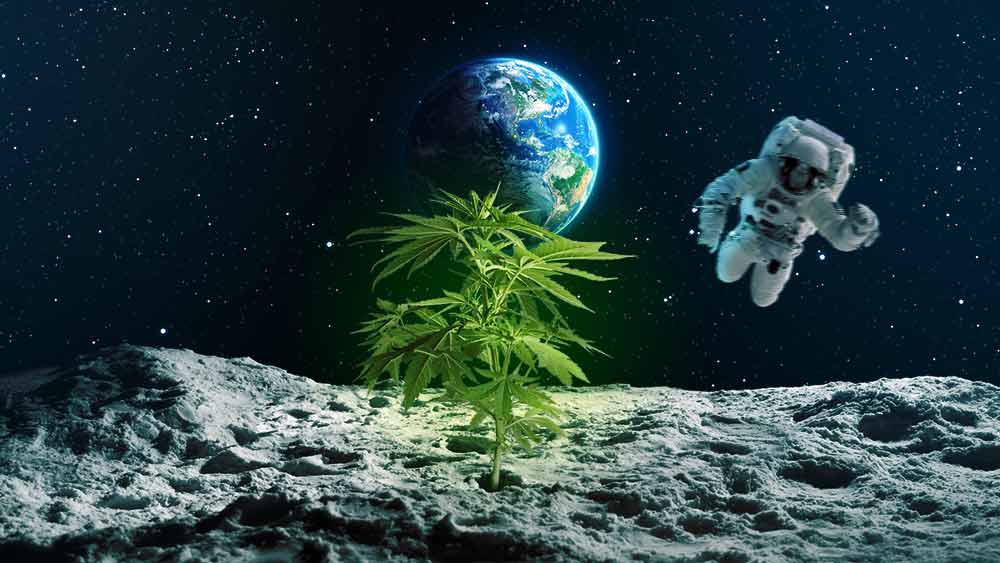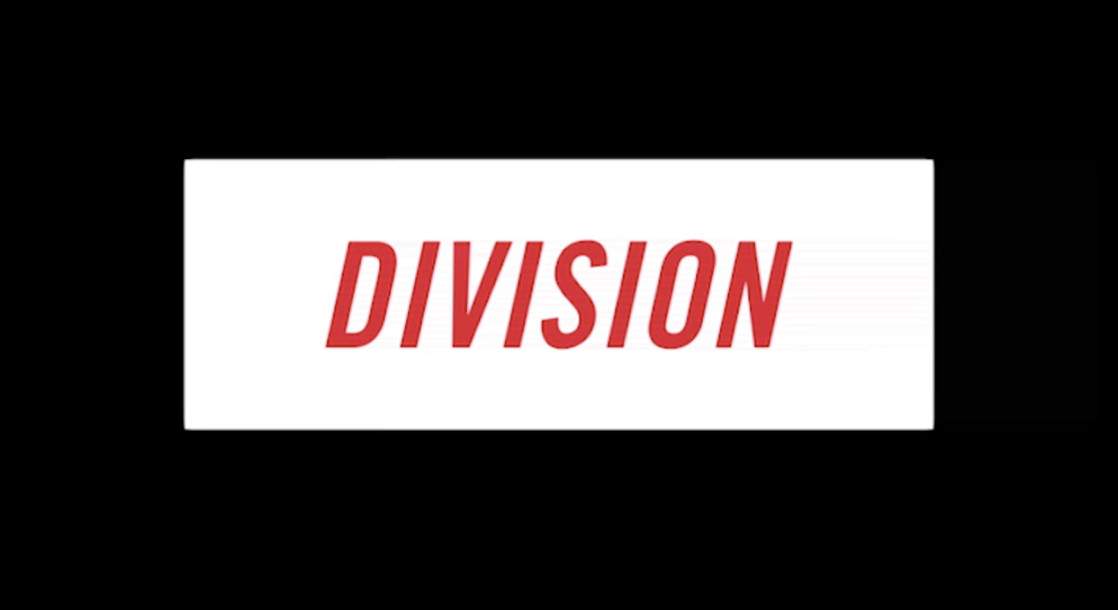Image via
A retired Canadian astronaut is currently working with a biotech company on a project that could one day lead to high-grade medical cannabis being grown in outer space.
Last year, Chris Hadfield joined the board of advisers of BioHarvest, a Canadian-Israeli firm that has developed a novel form of plant cultivation it calls BioFarming. Using this tech, scientists can grow the essential parts of plants without growing the entire plant itself. In other words, grapes could be grown without growing the entire vine, potentially allowing a large amount of food to be grown in a tiny space.
The company is hoping to use its tech to provide food and nutrition for extended stays in outer space, but it could just as easily be used to grow plants for medicinal use. And according to Hadfield, that will also include medical cannabis.
The company has already found a way to grow independent cannabis trichomes, tiny resin glands that produce all of the terpenes and cannabinoids that weed plants are renowned for. By growing trichomes on their own, space farmers could have a renewable source of cannabinoids without having to plant huge fields of cannabis crops.
“It’s actually replicating the natural growing process of the part that is of use to us but without the whole plant,” explained Hadfield to Futurism. BioHarvest has already started growing cannabis trichomes in coral-like structures here on Earth, but CEO Ilan Sobel believes these tiny bioreactors could grow even faster in microgravity conditions on a space station.
“We see the potential ability for valuable minor cannabinoids to be grown at significantly higher quantities compared to its growth on Earth,” Sobel told Futurism. “These unique compositions of full-spectrum cannabis could have significant value in providing more optimized treatment solutions for many palliative diseases where current pharma synthesized compounds are not delivering adequate solutions.”
Unfortunately, the company will not be able to go ahead with these plans until the US government gets around to legalizing cannabis, or at least medical marijuana. At present, cannabis is not authorized to be grown on board the International Space Station (ISS), and Chinese and Russian government officials are just as opposed to weed as American politicians are.
BioHarvest is solely focused on the medical applications of space-grown cannabinoids, but Hadfield said he could also envision a future where off-world tourists are ripping bongs in zero-G. So far, no human being has ever gotten stoned in space. Hadfield, who has spent time on NASA’s Space Shuttle, the ISS, and the Russian Mir station, pointed out that letting astronauts get blazed on the job would be a really bad idea.
“On the space station, if there’s an emergency, you are the fire department,” he told Futurism. “You can’t have intoxicated yourself or inebriated yourself or whatever, just because if something goes wrong, then you’ll die.”
But billionaires have recently started taking passenger flights into space, kicking off a new potential wave of space tourism. And when larger space stations are fully staffed enough to allow individual astronauts to take some down time, those exhausted workers might want to munch an edible or hit a joint to help them unwind.
“People have been chewing on mushrooms and various types of roots and berries for forever, and so there’s always a role in society or human behavior for that,” said Hadfield to Futurism. “Once the population gets large enough, once you get to a stable enough situation, people are gonna want, you know, a drink. People are gonna want some pot.” Even so, the astronaut acknowledged that the days of smoking moon rocks on the moon are still “a long ways out.”











